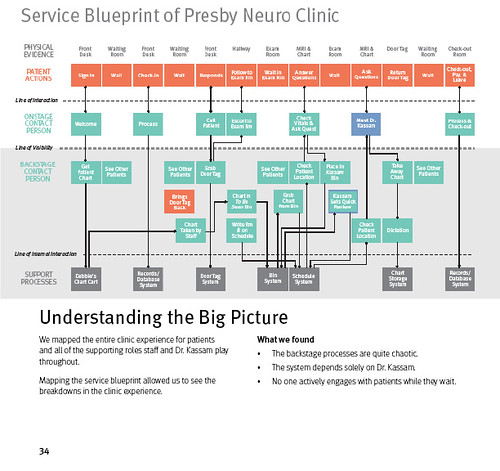
“Without proper access to social-emotional services, including counseling and parenting support, children, especially those who have adverse childhood experiences, are at greater risks for delays and health impacts, such as heart or lung disease, during adulthood.” We must ensure that this time of growth is maximized,” says Colleen Reuland, director of OPIP. “A growing body of research suggests that the first five years of a person’s life are critically important to laying the foundation for long-term social, mental and physical outcomes. (Getty Images)īeginning Jan 1, 2022, Oregon’s 16 Coordinated Care Organizations – which provide community-based, integrated care for individuals covered under the Oregon Health Plan – will begin an effort to better understand the unmet social and emotional needs of children age 5 and younger.ĭriven by a new incentive metric, developed collaboratively by the Oregon Pediatric Improvement Partnership at Oregon Health & Science University, Children’s Institute and Oregon Health Authority, CCOs will actively address gaps in health services for young children at the community level with the goal to improve how Oregon’s Medicaid system supports the social-emotional health of children.įamilies, as well as health care and community leaders from across the state, participated in the development of the metric, which represents a first-of-its kind approach to recognizing that social and emotional health is essential for kindergarten readiness, and that the health system plays a role in how well young children do in school.

The new metric, which begins January 2022, was developed by the Oregon Pediatric Improvement Program, Children’s Institute and the Oregon Health Authority. New incentive metric for Oregon’s Coordinated Care Organizations will increase kindergarten preparedness through social-emotion services.


 0 kommentar(er)
0 kommentar(er)
